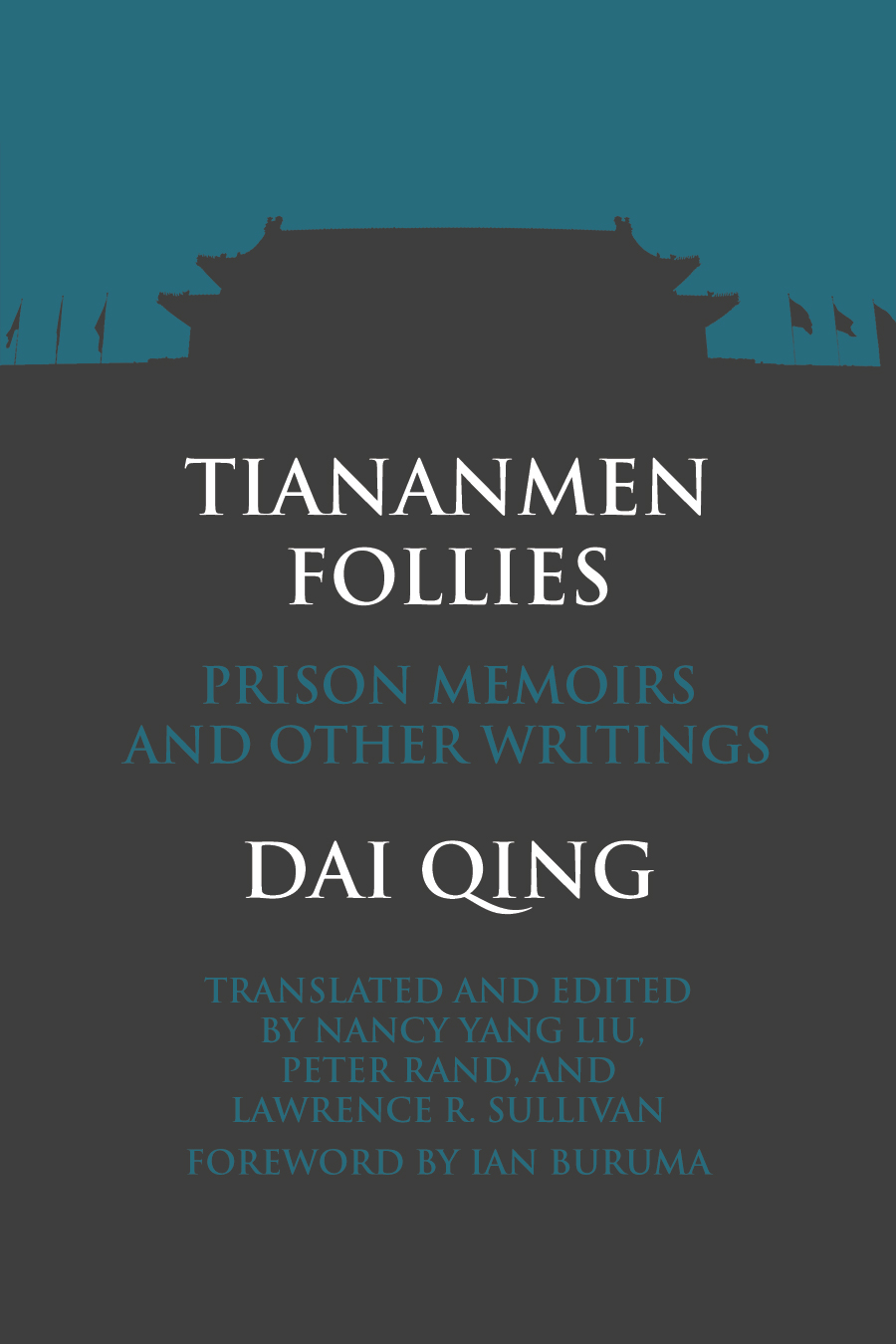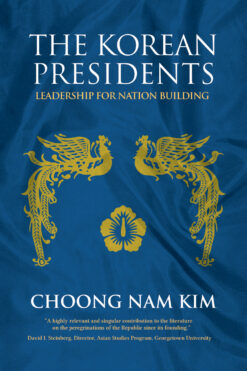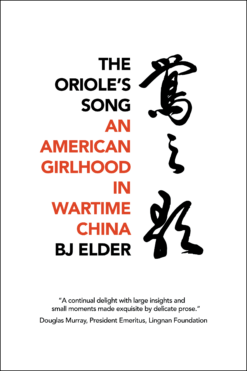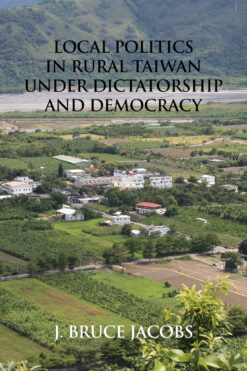Tiananmen Follies
Prison Memoirs and Other Writings
Dai Qing
Eastbridge Books | November 2004 | 178 pages
![]() $14.99 (paperback) | ISBN
978-1-78869-067-6
$14.99 (paperback) | ISBN
978-1-78869-067-6
![]() $24.99 (hardback) | ISBN
978-1-78869-068-3
$24.99 (hardback) | ISBN
978-1-78869-068-3
We have temporarily suspended direct orders from our website while we address supply chain issues.
However this title is also available from:
Amazon
|
The Book Depository (worldwide)
|
Indigo (Canada)
Description
“I love freedom and I will long for the freedom of the soul and the dignity of being a human being for the rest of my life. I’m not the first nor am I the last to suffer or even to sacrifice a life to that idea. Prior to my imprisonment, I didn’t try to curry favor, and now that I am in prison I don’t intend to beg for mercy—both of which to me are acts more painful than being imprisoned or dying in prison.”
— From Dai Qing’s “Last Words”, scribbled in the hope that someone in the future would read her last thoughts, after she was told she was on a list of prisoners slated for execution.
The prison writings of Dai Qing, China’s best-known investigative journalist and environmentalist, offer insight into the mental and physical tribulations that accompany imprisonment by an authoritarian government devoted to squeezing out “confessions” of wrongdoing by its political opponents. Written in 1989–90 during her incarceration in Beijing’s notorious Qingcheng prison, this is a spirited and courageous (and at times mournful) set of writings recounting her struggle with the travails of imprisonment for unstated “crimes” following the 1989 crackdown in Tiananmen Square.
Along with articles written from prison looking back upon and analyzing the Tiananmen movement, and fascinating diary entries about prison life, the book contains verbatim translations of Dai’s forced “confessions” to her jailers. In these “confessions”, with her life in the balance, she alternates between ironically praising the Party in its own language—surreptitiously poking fun at it—and forceful defenses of her views and her right to free expression. As she boldly writes in these “confessions”: “My major concern was in demonstrating the courage of intellectuals to speak out and criticize. … I believe that, for scholars and artists, there should be no ideological constraints whatsoever as long as their words and actions abide by the law. Unfortunately [she archly wrote to her inquisitors], this view is apparently not in line with the present spirit of the Party.”
These prison writings are gutsy, at times witty, and filled with vivid descriptions of the absurdities of political imprisonment in any system. They exhibit the spirit of a woman who has gone on, after her release from prison, to win a number of major international environmental, human rights, and freedom-of-publication awards.
Related books
Choong Nam Kim
| $24.99 | $44.99 |
| Paperback | Hardback |
Desaix Anderson
| $24.99 | $44.99 |
| Paperback | Hardback |
BJ Elder
| $5.99 | $14.99 | $24.99 |
| E-book | Paperback | Hardback |
J. Bruce Jacobs
| $24.99 | $44.99 |
| Paperback | Hardback |






